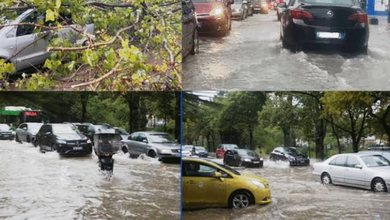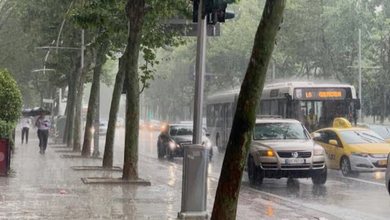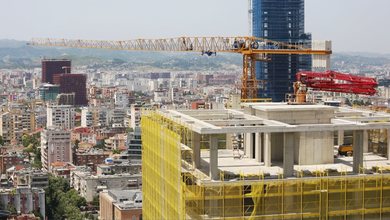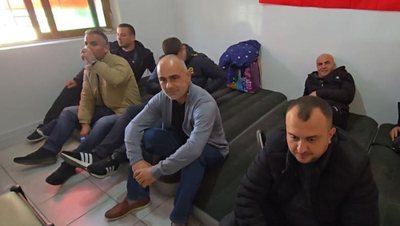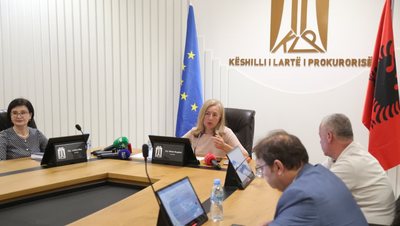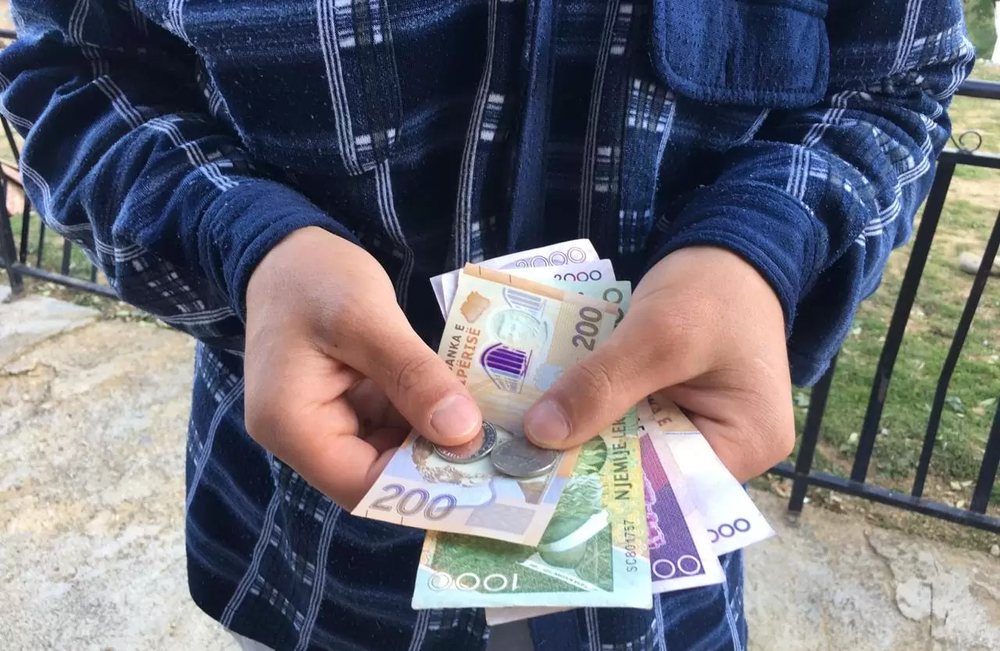
Albania offers the lowest level of economic assistance in the region and in the EU for families in need, but while funds for this item, instead of increasing to alleviate the unmet needs of poor families, have been systematically decreasing.
Official data from the Ministry of Finance shows that in the first seven months of 2025, funds for economic assistance were 12.8 billion lek. Compared to the same period in 2023, they were 5% less.
Financial support for families in need is shrinking significantly. Economic assistance funds allocated from the state budget during the first seven months of 2025 have reached the lowest level in the last six years.
In 2020, funds dedicated to this category reached an all-time high of 14.5 billion lek, largely due to the increased needs brought about by the COVID-19 pandemic. However, since that year, spending on this program has seen a steady decline. In 2021, funds fell to 13.9 billion lek, while in 2022 they will drop further to 13.492 million lek.
The year 2023 marked a slight rebound with funds increasing to 13.7 billion lek, but this positive trend did not last long. In 2024, economic assistance expenditures fell again to 13.5 billion lek, while in the first seven months of 2025 they reached only 12.9 billion lek, the lowest level since 2020.
At the same time, inflation and the cost of living have increased. The reduction in support for the most vulnerable is further deepening inequality. This fact was also highlighted by a recent United Nations report, which emphasized that Albania's fiscal policies had not helped reduce inequality.
Albania ranks among the countries with the lowest social protection expenditures in relation to GDP in the region and in the European Union.
The World Bank, in a recent report, emphasized that financial support for families in need in Albania is only 70 euros, at a time when the Federation of BiH provides 304 euros, Serbia 282 euros, Montenegro 267 euros, North Macedonia 207 euros and Kosovo 191 euros.
Meanwhile, pressure on low-income families is increasing due to high inflation and the rising cost of living. For many Albanian families, social assistance constitutes the only source of income, but the current amount allocated is far below the subsistence minimum and does not cover minimum monthly needs.
While Albania aspires to integrate into the European Union, the difference in the level of social protection spending does not favor Albania's goal of EU membership by 2030./ Monitor









